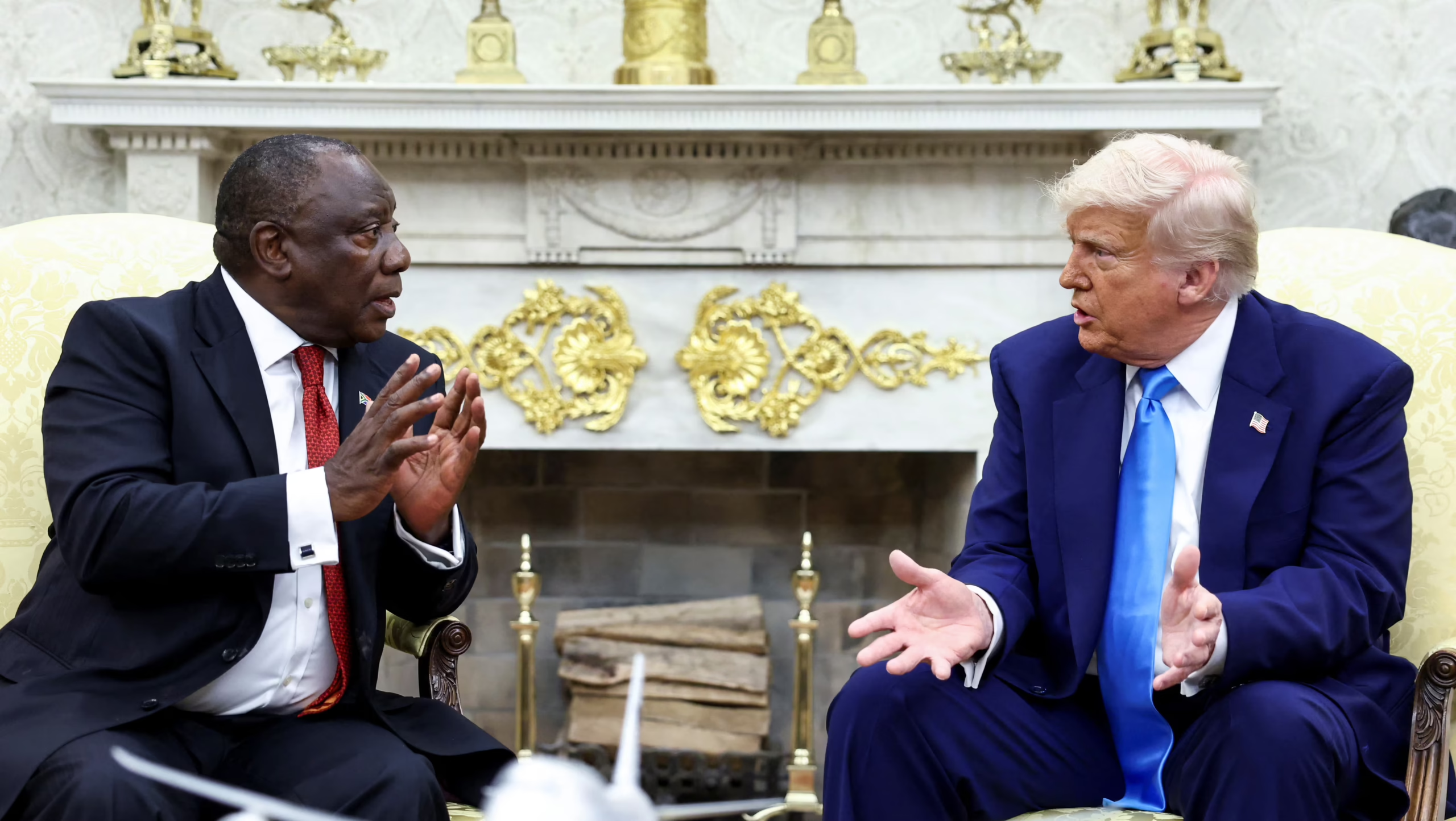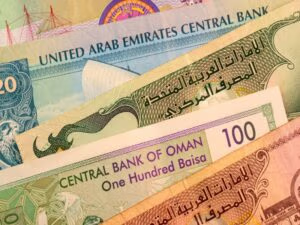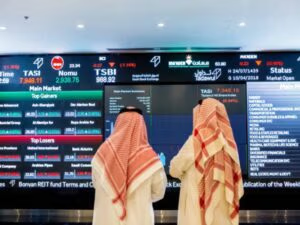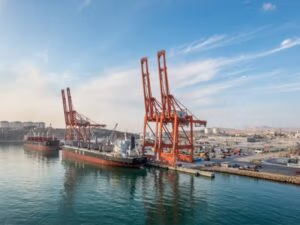In a meeting that started with smiles and small talk about golf, U.S. President Donald Trump stunned South African President Cyril Ramaphosa by launching into a fiery confrontation over controversial and widely disputed claims of a “white genocide” in South Africa.
According to sources familiar with the May 21 Oval Office meeting, Trump presented Ramaphosa with videos and articles portraying what he described as targeted violence against white farmers. The unexpected move surprised Ramaphosa, setting off a tense exchange between the two leaders.
Trump, visibly agitated, questioned Ramaphosa over allegations that South Africa’s white minority—particularly farmers—are being systematically attacked. Often circulated by far-right groups, these claims have been repeatedly debunked by human rights organizations and the South African government.
President Ramaphosa responded firmly but diplomatically, rejecting the accusations as misinformation. “There is no government policy, nor any evidence, that suggests targeted violence against white South Africans,” he told Trump, according to sources. “Crime in our country is a serious concern, but it affects all communities.”
The meeting, originally scheduled to discuss U.S.–South Africa trade relations and strategic cooperation, quickly spiraled into an emotionally charged debate over race, crime, and misinformation.
Despite the clash, Ramaphosa told reporters after the meeting that the talks had “gone very well,” though he acknowledged the conversation had taken an unexpected turn. The South African presidency has not officially commented on the specifics of the exchange.
Trump’s remarks will likely reignite debate on his foreign policy style, which has often veered into uncharted and controversial territory. Critics argue that his handling of the meeting risks undermining bilateral relations with one of Africa’s most influential democracies.
Observers note that the encounter underscores a growing challenge for global diplomacy: the impact of misinformation and viral narratives on high-level international engagements.






